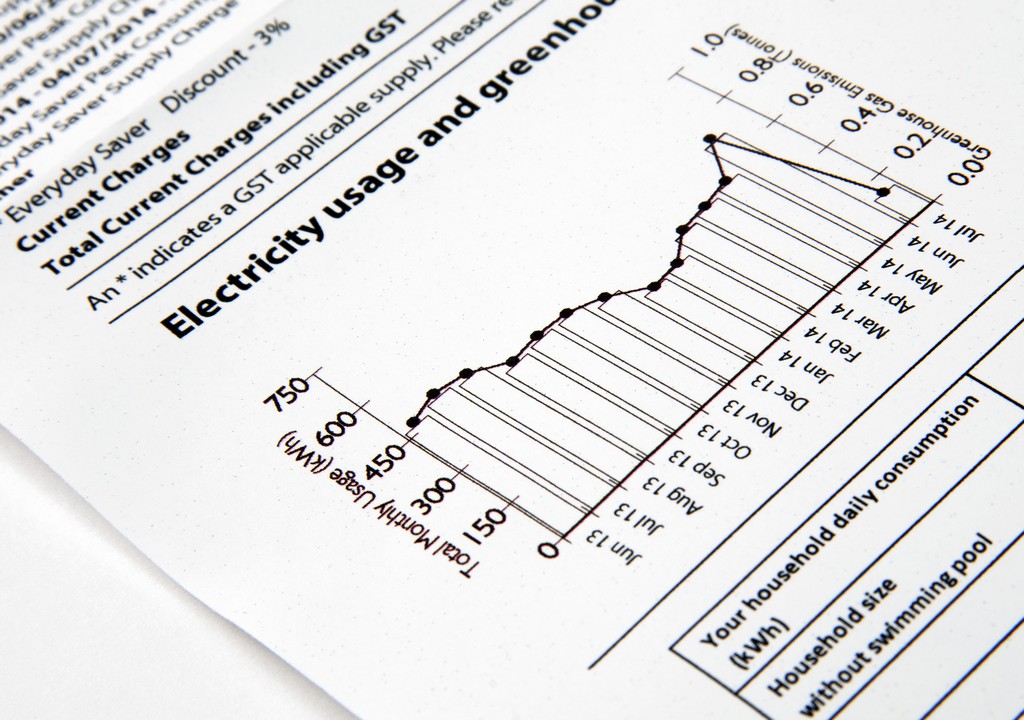Bill to end electricity system loss charges filed in Congress
- September 2, 2016
- 0

A bill that seeks to end electricity system loss charges by private electric companies and lower the recoverable system loss cap of rural electric cooperatives has been filed in the House of Representatives.
House Bill 942 or the Allowable System Loss Act of 2016 filed by Rep. Tobias Tiangco said that the state should “Unburden the general public from shouldering the costs of losses it had nothing to do with.”
“It is an injustice to the consumers to make them pay for electricity they did not use,” Tiangco said, saying that the same bill was filed in the 15th and 16th congress but both were never heard.
“We urge Rep. Lord Allan Velasco, energy committee chairman, to prioritize this bill,” the lawmaker added.
According to Tiangco, system loss is from pilferage and inefficient transmission which should be the responsibility of the Distribution Company or cooperative. ”We should not let consumers suffer for the crime or the incompetence of others,” he said.
The Navotas City representative is also pushing for a 12% value added tax exemption of the system loss charged by rural electric cooperatives.
“The imposition of system loss in the consumers’ bills, although forming part of a rural cooperative’s operating expenses, shall not be made subject to any value-added tax as provided in Section 108 of Republic Act No. 9337 or any amendments thereto,” he said.
Tiangco added that system loss charge should be charged yearly based on the past year’s costs and revenues of distribution utilities and will be verified by the Energy Regulatory Commission (ERC) for assurance that only legitimate costs are borne by consumers.
He added that charges should not exceed five percent of the total system loss and that only rural cooperatives should be allowed to impose charges for system loss due to faulty design and technical loss as defined by the ERC
The congressman said it’s the government’s duty to “protect the rights of every electric consumer without compromising the State’s assistance to the viability of every electric distributor’s operations.”
“Electricity is an indispensable commodity in the economic growth. The supply and demand of the populace must be harmoniously reconciled and considered to attain justifiable and equitable imposition of the electric distribution expenses to the consuming public,” he added.